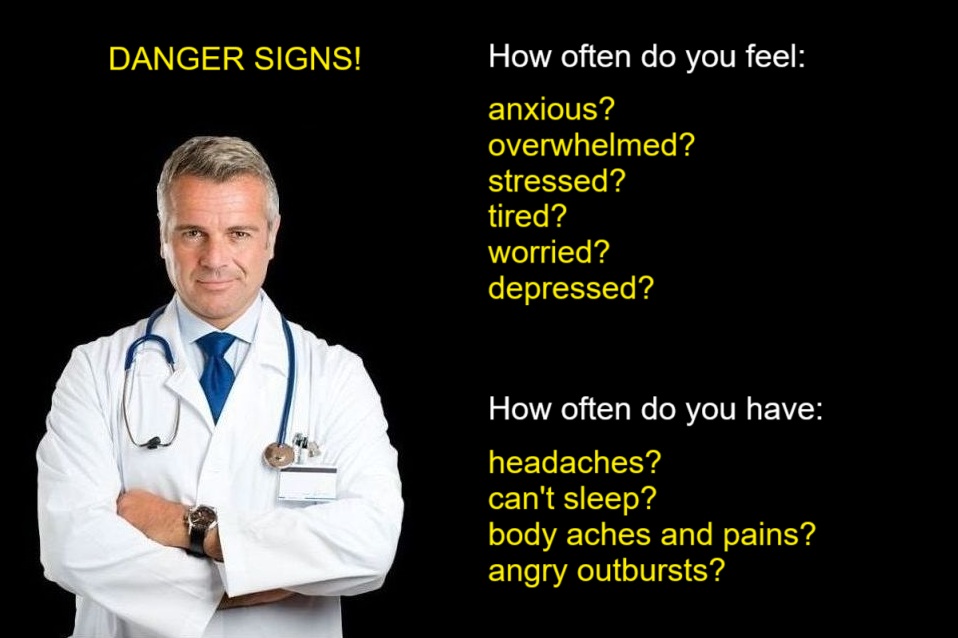In today’s unpredictable world, economic instability has become a pervasive concern. Rising inflation, job insecurity, and market volatility have created a climate of uncertainty that can trigger significant psychological distress. While worrying about finances is a common experience, for some individuals, these concerns can escalate into debilitating panic attacks. This article delves into the phenomenon of economic anxiety, exploring its causes, symptoms, and effective strategies for managing it.
Understanding Economic Anxiety
Economic anxiety refers to the stress and worry caused by financial pressures and economic uncertainty. It is a state of heightened fear and apprehension about one’s financial future, often stemming from concerns about job security, investment losses, debt, and the rising cost of living. The current economic climate, characterized by rapid inflation, geopolitical instability, and technological disruptions, has amplified these anxieties for many.
The Psychological Impact of Economic Instability
Economic instability can have profound effects on mental health. Studies have shown a strong correlation between economic downturns and increased rates of depression, anxiety disorders, and substance abuse. The constant pressure to make ends meet, coupled with the fear of financial ruin, can lead to chronic stress, which in turn impairs cognitive function, disrupts sleep patterns, and weakens the immune system.
From Worry to Panic: The Escalation of Anxiety
While anxiety is a natural response to perceived threats, it can become problematic when it escalates into panic attacks. A panic attack is a sudden episode of intense fear that triggers severe physical symptoms, even in the absence of real danger. These attacks can be incredibly frightening and debilitating, leading individuals to avoid situations or places where they have previously experienced them.
Symptoms of Panic Attacks
Panic attacks manifest differently in individuals, but common symptoms include:
- Physical Symptoms:
- Rapid heart rate
- Sweating
- Trembling or shaking
- Shortness of breath or a feeling of being smothered
- Chest pain or discomfort
- Nausea or abdominal distress
- Dizziness, lightheadedness, or faintness
- Chills or heat sensations
- Psychological Symptoms:
- Feeling of unreality or detachment from oneself (derealization or depersonalization)
- Fear of losing control or going crazy
- Fear of dying
The Link Between Economic Anxiety and Panic Attacks
Economic anxiety can serve as a significant trigger for panic attacks. The constant worry about financial matters can put the body in a state of chronic hyperarousal, making it more susceptible to sudden surges of fear and anxiety. When financial stressors become overwhelming, they can trigger a panic attack, leading to a cycle of fear and avoidance.
Causes and Risk Factors of Economic Anxiety
Several factors can contribute to the development of economic anxiety and panic attacks:
- Economic Downturns: Recessions, market crashes, and periods of high unemployment can create a climate of fear and uncertainty, triggering or exacerbating economic anxiety.
- Personal Financial Difficulties: Debt, job loss, medical expenses, and other financial challenges can lead to significant stress and anxiety.
- Lack of Financial Literacy: Inadequate knowledge about personal finance can lead to poor decision-making and increased financial vulnerability.
- Pre-existing Mental Health Conditions: Individuals with pre-existing anxiety disorders, depression, or other mental health conditions are more likely to experience economic anxiety and panic attacks.
- Traumatic Financial Experiences: Past experiences of financial hardship, such as bankruptcy or foreclosure, can create lasting trauma and increase vulnerability to economic anxiety.
- Social Comparison: The pressure to keep up with societal standards of wealth and success can fuel anxiety and discontentment.
Coping Strategies for Economic Anxiety and Panic Attacks
Managing economic anxiety and preventing panic attacks requires a multifaceted approach that addresses both the financial and psychological aspects of the problem. Here are some effective coping strategies:
- Financial Planning and Budgeting:
- Create a Budget: Track income and expenses to gain a clear understanding of financial inflows and outflows.
- Set Financial Goals: Establish realistic financial goals, such as saving for retirement or paying off debt, to provide a sense of direction and purpose.
- Seek Financial Advice: Consult with a financial advisor to develop a personalized financial plan that aligns with your goals and risk tolerance.
- Stress Management Techniques:
- Mindfulness Meditation: Practice mindfulness meditation to cultivate awareness of thoughts and feelings without judgment, reducing reactivity to stressful situations.
- Deep Breathing Exercises: Engage in deep breathing exercises to activate the parasympathetic nervous system, promoting relaxation and reducing anxiety.
- Progressive Muscle Relaxation: Systematically tense and release different muscle groups to alleviate physical tension and promote relaxation.
- Cognitive Restructuring:
- Identify Negative Thoughts: Recognize and challenge negative thoughts about finances, such as “I’ll never be able to retire” or “I’m going to lose everything.”
- Replace Negative Thoughts with Realistic Ones: Replace negative thoughts with more balanced and realistic ones, such as “I may have to adjust my spending habits, but I can still achieve my financial goals” or “I have faced financial challenges before, and I can overcome them again.”
- Lifestyle Modifications:
- Regular Exercise: Engage in regular physical activity to reduce stress hormones and improve mood.
- Healthy Diet: Consume a balanced diet rich in fruits, vegetables, and whole grains to support overall health and well-being.
- Adequate Sleep: Prioritize sleep to restore energy levels and improve cognitive function.
- Limit Caffeine and Alcohol: Reduce or eliminate caffeine and alcohol consumption, as they can exacerbate anxiety symptoms.
- Social Support:
- Talk to Trusted Friends and Family: Share your financial concerns with trusted friends and family members for emotional support and encouragement.
- Join a Support Group: Connect with others who are experiencing similar financial challenges to share experiences and learn coping strategies.
- Professional Help:
- Therapy: Seek professional help from a therapist or counselor who specializes in anxiety disorders. Cognitive-behavioral therapy (CBT) is particularly effective in treating panic attacks and other anxiety-related conditions.
- Medication: In some cases, medication may be necessary to manage panic attacks and related symptoms. Consult with a psychiatrist or other qualified medical professional to determine if medication is appropriate.
Building Financial Resilience
In addition to managing immediate anxiety and panic symptoms, it is essential to build long-term financial resilience. This involves:
- Emergency Fund: Establish an emergency fund to cover unexpected expenses, such as job loss or medical bills.
- Diversified Investments: Diversify investments to reduce risk and protect assets from market volatility.
- Insurance Coverage: Obtain adequate insurance coverage, including health, life, and disability insurance, to protect against financial losses due to illness, injury, or death.
- Continuous Learning: Stay informed about financial trends and best practices through continuous learning and education.
Conclusion: Taking Control of Economic Anxiety
Economic anxiety is a prevalent and potentially debilitating condition that can significantly impact mental health and well-being. By understanding the causes, symptoms, and coping strategies for economic anxiety and panic attacks, individuals can take control of their financial fears and build resilience in the face of economic uncertainty. With the right tools and support, it is possible to manage economic anxiety, prevent panic attacks, and create a more secure and fulfilling financial future.










